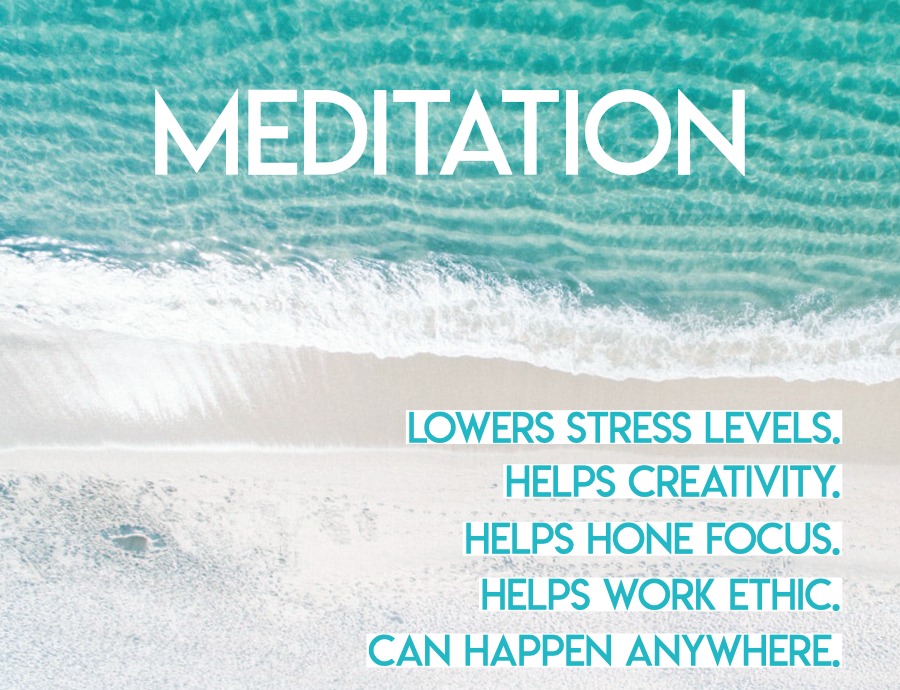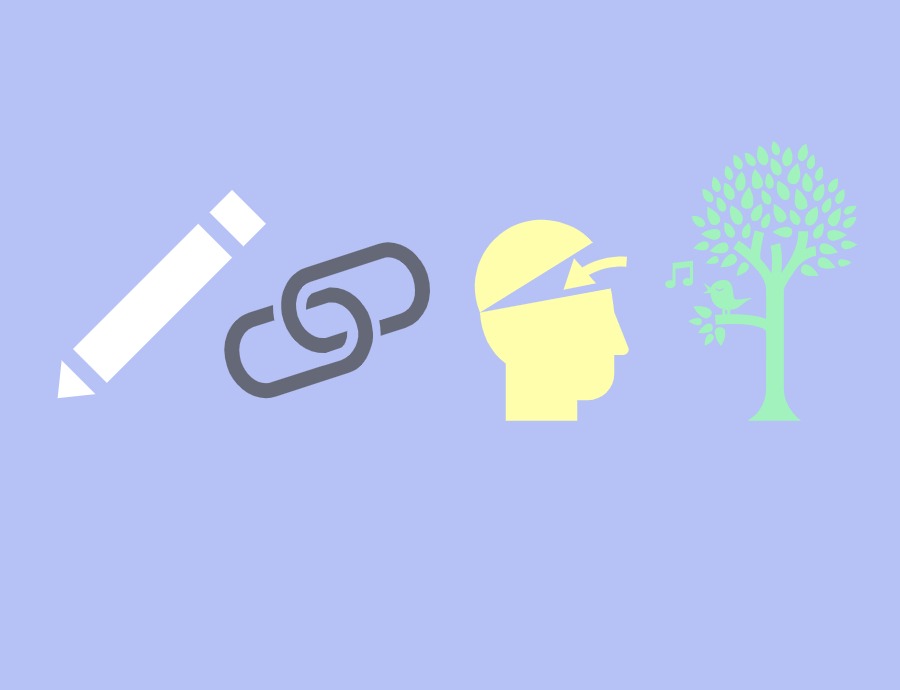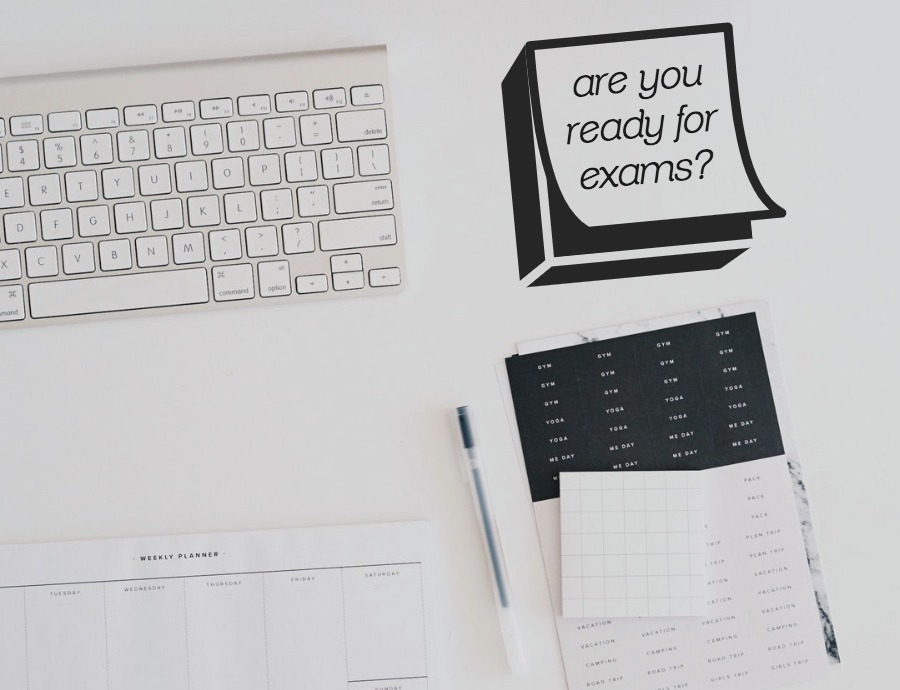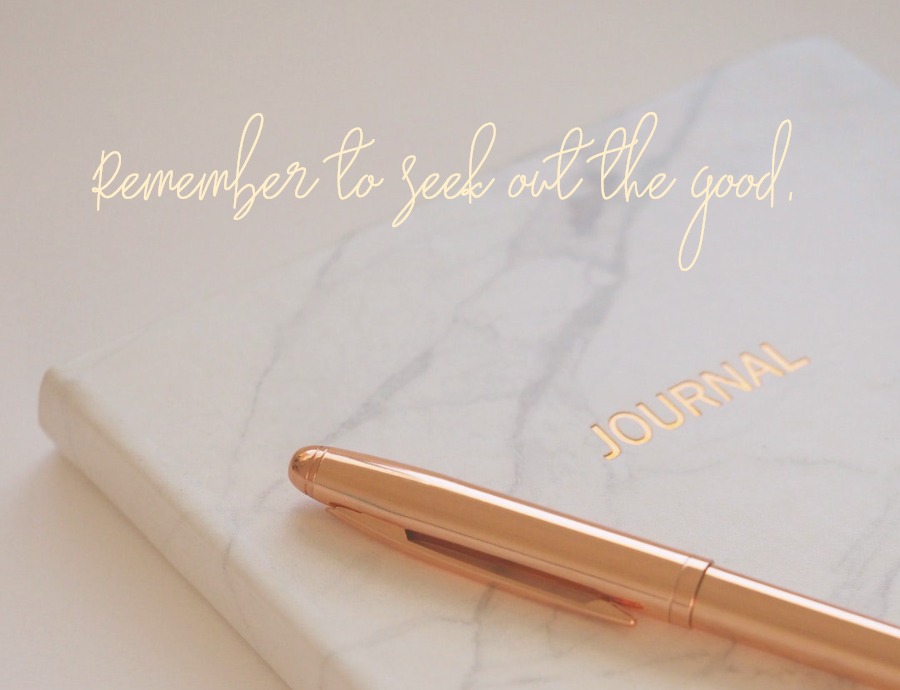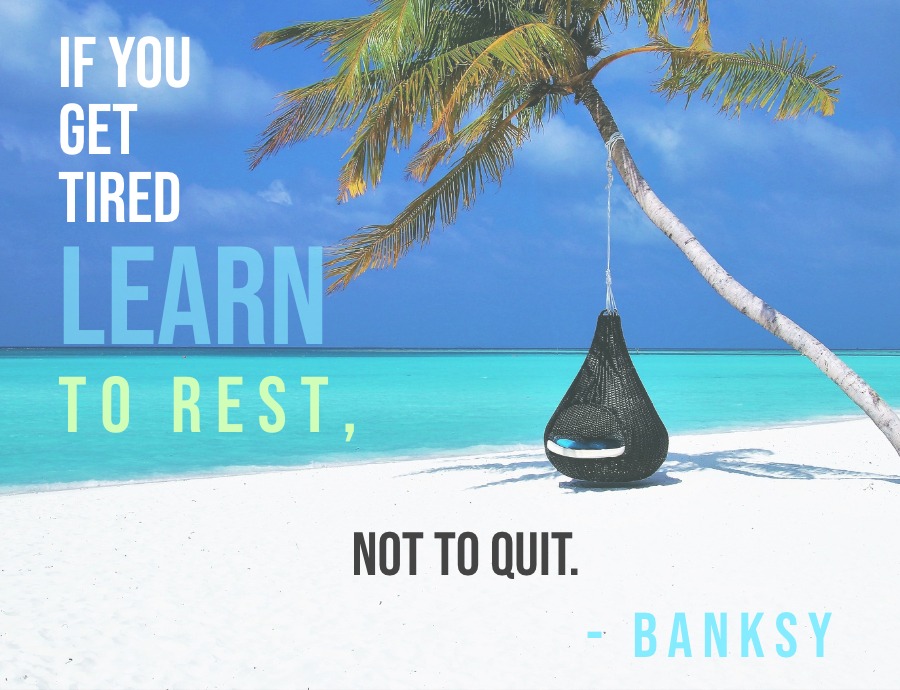Meditation can help us become the student we all want to be: relaxed, unflappable, focused, happy. That’s precisely the student we all were in our fantasies of university life before classes actually started.
The reality is that student life is hard. We’re overworked, overwhelmed, stressed out and in constant competition. So use meditation and relaxation to help you to win the competition. Find the path to the best grades by considering all life skills and all daily habits. Get bonus points for finding ways to make being a student pleasant. Meditation, relaxation and mindfulness practices have been shown to keep students calmer and happier while also improving their grades.
What is meditation, and how can we do it?
While there are many ways to meditate, and a myriad of schools of thought on the subject, a meditation practice doesn’t need to be fancy. You can simply sit with your arms cupped in your lap. To start, many choose to close their eyes, to breathe in and out slowly through their noses, and to think about their breath. When their thoughts wander (as thoughts will do, especially for busy students), they think about their breath again. A tip is to keep an egg timer close by, so that you’re not constantly thinking about when you’re allowed to open your eyes. You can start with simply five minutes a day.
How can meditation help?
Meditation has been shown to have many benefits:
There’s no end of information about meditation around (in books, on Youtube, etc.) if you’d like to learn more. There are even apps that can walk you through it!
To make the meditation habit work, it has to be truly a habit. You need to find a time and a place to do it every day without fail. Give it some time, and then reap the benefits, academic and otherwise.
The reality is that student life is hard. We’re overworked, overwhelmed, stressed out and in constant competition. So use meditation and relaxation to help you to win the competition. Find the path to the best grades by considering all life skills and all daily habits. Get bonus points for finding ways to make being a student pleasant. Meditation, relaxation and mindfulness practices have been shown to keep students calmer and happier while also improving their grades.
What is meditation, and how can we do it?
While there are many ways to meditate, and a myriad of schools of thought on the subject, a meditation practice doesn’t need to be fancy. You can simply sit with your arms cupped in your lap. To start, many choose to close their eyes, to breathe in and out slowly through their noses, and to think about their breath. When their thoughts wander (as thoughts will do, especially for busy students), they think about their breath again. A tip is to keep an egg timer close by, so that you’re not constantly thinking about when you’re allowed to open your eyes. You can start with simply five minutes a day.
How can meditation help?
Meditation has been shown to have many benefits:
- Meditation lowers stress levels. When you meditate, you stop yourself from thinking, worrying, planning. You pay attention to your breath. You give yourself a break. Even if it’s just five minutes a day, your body will thank you. Your mind will become calmer over time.
- Meditation can help creativity. A meditation practice forces you to stop and think about something completely different. Many studies have shown that this change in focus can help to overcome mental blocks and can help people to find new and creative solutions to problems.
- Meditation can help hone focus. Meditation helps you to control a chattery brain. When you meditate, you train yourself to focus, and then to refocus, and then to refocus. Imagine how much more work you could done if you could bring that skill to your studying. That ability to focus, then to bring yourself back to focus is an easier skill to acquire in meditation than in the course of studies, where you’re trying to teach yourself a myriad of other facts, skills and abilities as well.
- Meditation can help you build a work ethic that works. The discipline involved in creating a meditation habit, even if it’s only for five minutes a day, will leak into other parts of your life. Once this habit’s been engrained, you can work on adding to it, or creating other habits that help your student life.
- Meditation can happen anywhere. The great thing about a starting a meditation practice is that, eventually, you can meditate any time, any place. Simply sit or stand comfortably, and focus on your breathing. Imagine how helpful this might be as you’re waiting to receive your exam booklet, or as you’re stuck on a tough problem.
There’s no end of information about meditation around (in books, on Youtube, etc.) if you’d like to learn more. There are even apps that can walk you through it!
To make the meditation habit work, it has to be truly a habit. You need to find a time and a place to do it every day without fail. Give it some time, and then reap the benefits, academic and otherwise.

